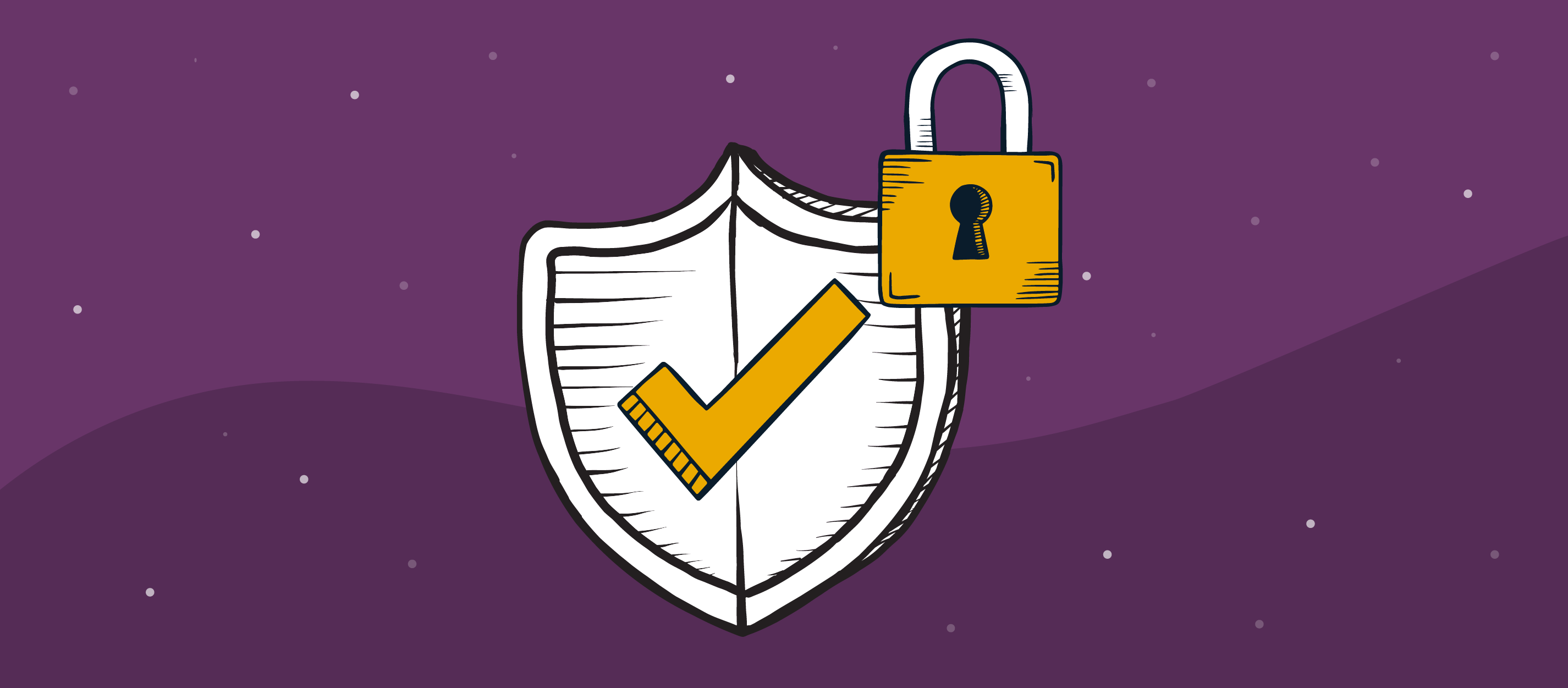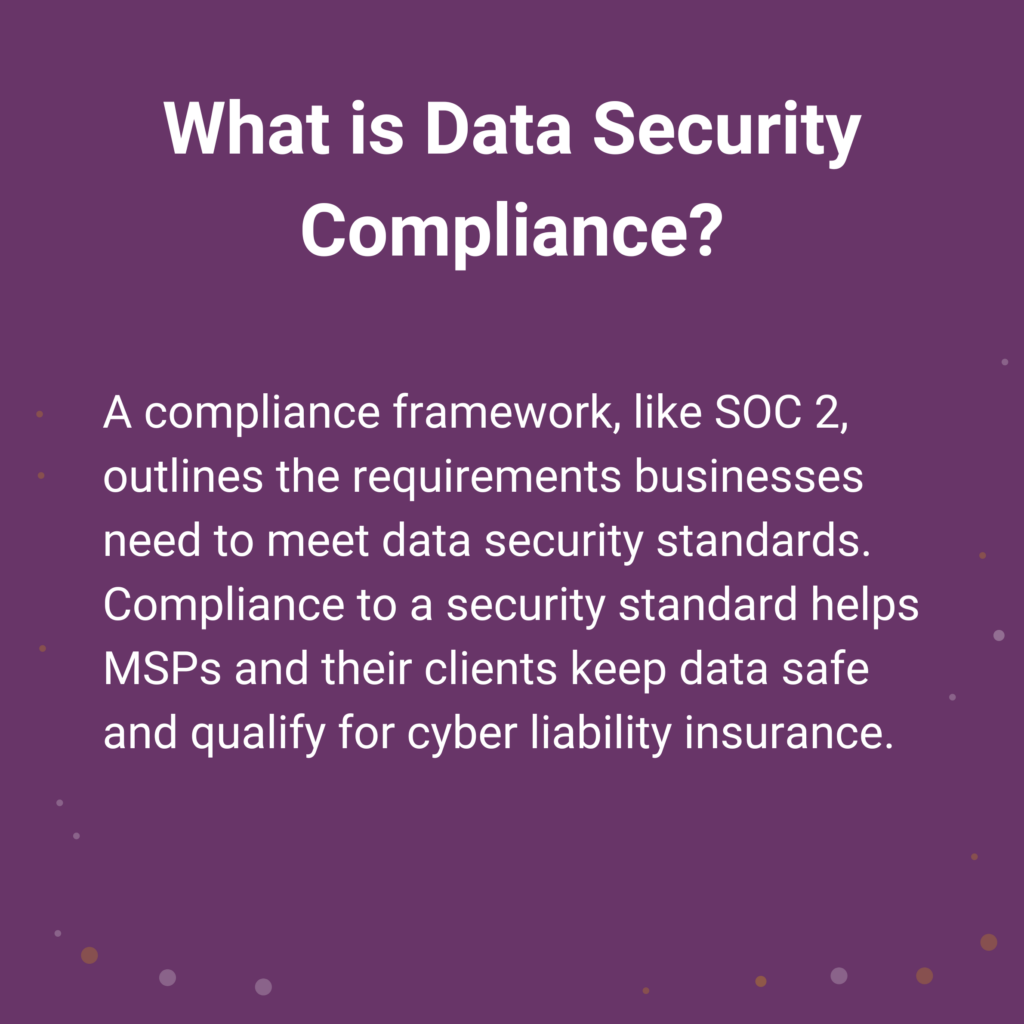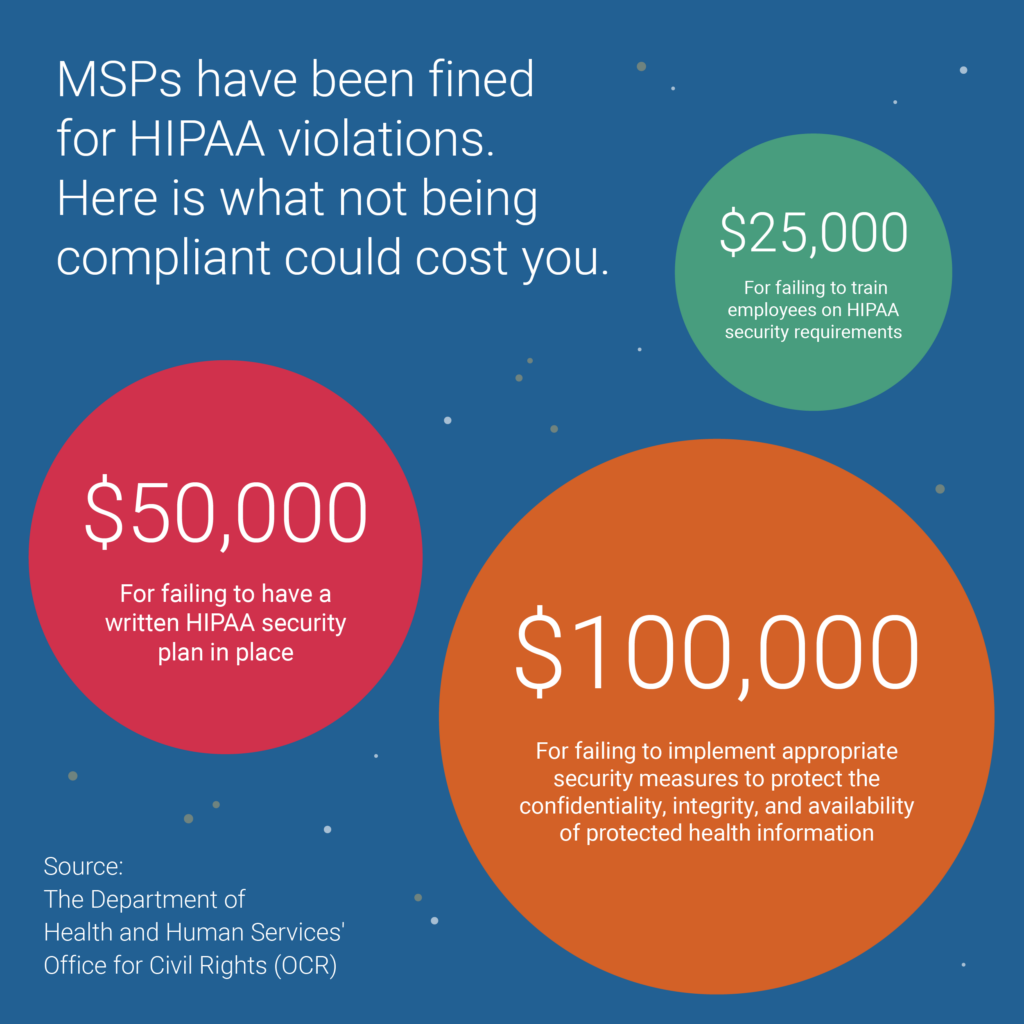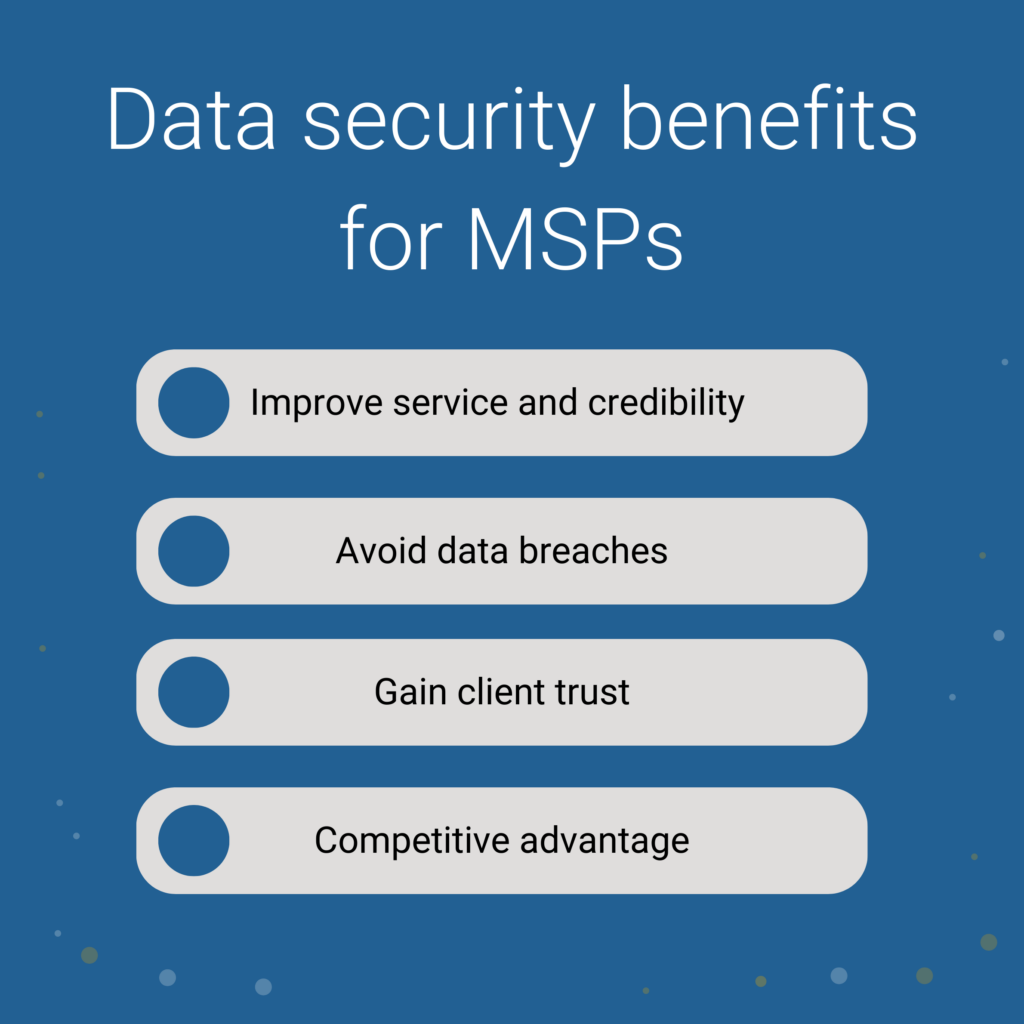
With the ever-growing threat of cyberattacks, cyber insurance is a must-have for MSPs and your clients. Fortunately, maintaining compliance can help reduce cyber insurance rates.
In this article, you will learn:
Data security has become one of the top priorities for business owners today. But while it is easy to talk about, becoming secure can take a lot of work.
For businesses seeking data security, cyber liability insurance keeps them covered.
But qualifying for insurance is becoming more difficult. To get clients insured, MSPs are addressing one of the major factors in data protection: compliance.
Keeping a client compliant with security frameworks can make qualifying for insurance easier.
As cyber attacks become more prevalent, MSPs of all sizes need to ask: why do we need insurance?
Cyber liability insurance helps MSPs and their clients recover from data breaches and cybercrime. Insurance supports business continuity and reduces the financial impact of a breach.
So, what type of coverage is included in cyber security insurance?
Insurance compensates businesses for their losses to help with the recovery process. It provides access to security audits and investigations funding. With insurance, MSPs help clients avoid extended downtime. It also helps recover data, protect reputations, and prevent monetary losses.
Cyber insurance helps clients avoid the worst consequences of a data breach. While it may not be possible to have 100% protection at all times, insurance covers the rare times when recovery is needed.

Becoming compliant allows both MSPs and their clients to improve their security standards as a part of their daily operation.
A compliance framework, like SOC 2 or ISO 27001, is a security standard that outlines how organizations should manage data.
They outline the standards an organization must meet to be officially certified.
Certification helps clients meet other regulations as well. For example, the Health Insurance Portability and Accountability Act (HIPAA) regulates the privacy of health care information.
HIPAA compliance is required for any business that handles personal health information.
Being compliant in SOC 2 will make it much easier to meet HIPAA standards. Staying compliant with security regulations prevents businesses from suffering penalties and legal issues.
Businesses with strong security also become more competitive and attractive to potential customers.

MSPs also have the opportunity to boost revenue with compliance as a service. You can learn more about this here.
MSPs can earn reduced insurance premiums because of the high standard of compliance frameworks.
Doing so can save clients money and give peace of mind that they are getting the best value possible.
Reduced rates can be a huge benefit to clients because it lets them get compliant at a more affordable cost. They can get insured, and get lower premiums.
Here are some tips for reducing insurance premiums by leveraging compliance:

ControlMap is ready to help you get started on your compliance journey. For more information on how ControlMap helps you follow the path to compliance with SOC 2 or other frameworks, book a demo today.
Below are simple guidelines that can help MSPs stay compliant with their insurance. Get compliant and take advantage of any associated discounts from insurers.
These simple guidelines let MSPs leverage compliance to boost their security posture.
Compliance with your insurance policy is essential. Following the guidelines outlined above can get MSPs reduced insurance premiums and save money in the long run.
Keeping your policy updated can help you manage any deductibles and take advantage of relevant discounts.
Non-compliance with your insurance policy may lead to high premiums. Compliance violations could also void coverage, and bring additional legal and financial consequences.
It’s important to familiarize yourself with relevant regulations and stay up to date with changes in your policy. By doing so, you can take advantage of any discounts and benefits that may be available to you.
